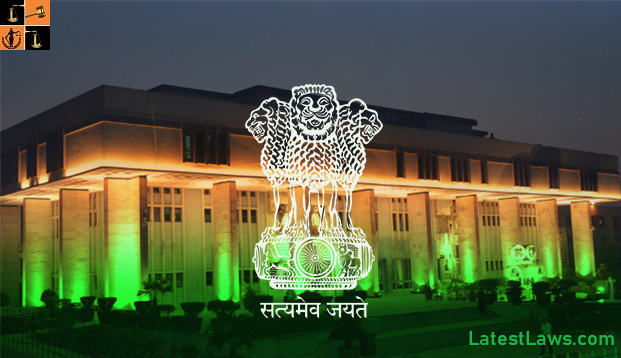In a recent verdict, the Delhi High Court, presided over by Justice Rajiv Shakdher and Justice Tara Vitasta Ganju, has ruled against the application of Section 14 of the Limitation Act in a case involving U.P. Jal Vidyut Nigam Ltd and C.G. Power & Industrial Solution Ltd. The court observed that the petitioner, due to a lack of diligence, allowed its Section 34 petition under the Arbitration and Conciliation Act to be dismissed twice for non-prosecution.
Brief Facts:
The dispute originated from a contract for the execution of Power House Electrical equipment in District Saharanpur, awarded to the Respondent by the Appellant through a contract dated September 28, 1988. Subsequently, disputes led to arbitration, resulting in an Arbitral Award dated March 15, 2001, in favour of the Respondent.
Challenging the award under Section 34 of the Arbitration and Conciliation Act, the appellant faced procedural challenges, including transfers between different courts and dismissals in default. Despite legal advice, the case was withdrawn from the District Judge at Saharanpur and filed before the District Courts in Delhi. Jurisdictional issues persisted, leading to the filing before a Single Judge of the Court on August 25, 2018.
Contentions of the Parties:
The Appellant contended that the time spent in Saharanpur and Patiala House Courts should be excluded, citing legal advice. The filing in the wrong court was attributed to incorrect advice, emphasizing the pursuit of the case in good faith and diligence.
On the other hand, the Respondent highlighted the appellant's multiple filings in different courts, knowing the lack of jurisdiction. It was argued that the appellant failed to demonstrate due diligence and good faith in prosecuting the case.
Observations by the Court:
The court analyzed the conditions of Section 14 of the Limitation Act, emphasizing the necessity of due diligence, good faith, defect of jurisdiction, and the same matter in issue. Finding the appellant's conduct lacking in due diligence, the court pointed to dismissals in default, delays, and filing in courts lacking jurisdiction.
The court concluded that the pre-conditions for the application under Section 14 were not satisfied, leading to the dismissal of the appeal. The lack of explanation for the repeated dismissals and the failure to provide a reasonable explanation for filing in the wrong court were key factors influencing the court's decision.
The decision of the Court:
The Court determined that the prerequisites for invoking Section 14 were not met, resulting in the dismissal of the appeal.
Case Name: U.P. Jal Vidyut Nigam Ltd v. C.G. Power & Industrial Solution Ltd
Coram: Justices Rajiv Shadkher and Tara Vitasta Ganju
Case No.: FAO(OS)(COMM) 120/2019
Advocates of the Appellant: Mr. Pradeep Mishra and Mr. Daleep Dhyani, Advs.
Advocates of the Respondent: Mr. Ramesh Singh, Sr. Adv. with Ms. Monisha Handa and Mr. Mohit D. Ram, Advs.
Read Judgment @LatestLaws.com
Picture Source :


























